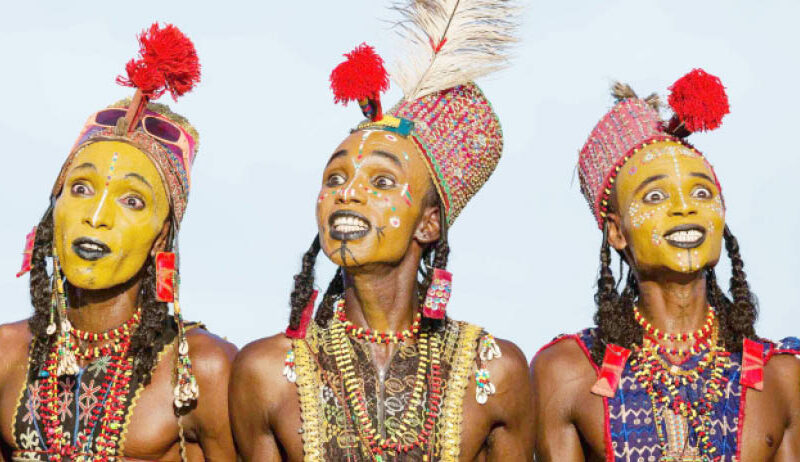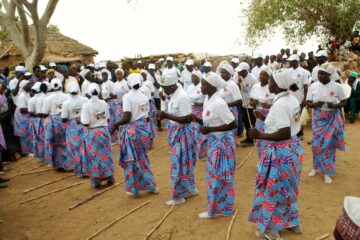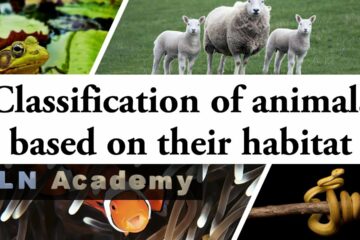By Fatima Maikasuwa
The Wodaabe, also known as the “People of the Taboo” or Bororo, are a nomadic tribe living primarily in southwestern Niger in West Africa.
They belong to the larger Fulani ethnic group but are distinct in their customs and way of life.
The Wodaabe’s nomadic lifestyle revolves around the arid regions of the Sahel, moving by foot, camel, or donkey with small groups of relatives.
Their culture is rooted in ancient traditions, which have been preserved through minimal contact with outsiders.
The Wodaabe’s social norms are defined by unique taboos and a strict code of behavior.
Public displays of affection between men and women are frowned upon, and the tribe places great importance on modesty and reserve, known as semteende.
Men are prohibited from speaking intimately with their wives in public or holding their hands during daylight hours, and parents avoid direct communication with their first-born children.
Child-rearing is largely the responsibility of extended family members, especially grandparents and uncles.
Physical beauty holds a central place in Wodaabe culture. Women decorate themselves with brass or silver rings, tattoos, and kohl eyeliner to ward off evil spirits, while men partake in elaborate beauty competitions like the Yakke, where they dance and compete to attract potential wives.
These beauty rituals reflect the tribe’s deep appreciation for charm, personality, and elegance, which are valued even more than physical appearance.
Marriage in the Wodaabe community is both traditional and flexible. Arranged marriages are common, with girls often pledged to their cousins from infancy.
However, love marriages (Teegal) are also practiced, where women can freely choose their partners. Polygamy is customary, and men may take multiple wives.
The Wodaabe’s open attitude toward relationships allows for a degree of freedom, as women may engage with multiple men before marriage.
Magic and herbal remedies are central to the Wodaabe worldview. The tribe believes in the power of maagani—magic potions that enhance charm, virility, and protection from harm. These potions are a blend of herbs, roots, and barks, which they view as essential for maintaining health and success in love.
Despite the tribe’s strong adherence to tradition, hospitality remains a key aspect of their culture. Sharing resources, particularly milk from their cows, is a source of pride and joy for the Wodaabe.
They believe in showing generosity toward guests, often giving away what little they have. This generosity reflects their philosophy of community and respect for others.
Ultimately, the Wodaabe see themselves as part of the natural world, likening their nomadic existence to that of birds who leave no trace of their passage.
Their way of life, defined by movement, beauty, and tradition, continues to endure despite the challenges of modernity.







